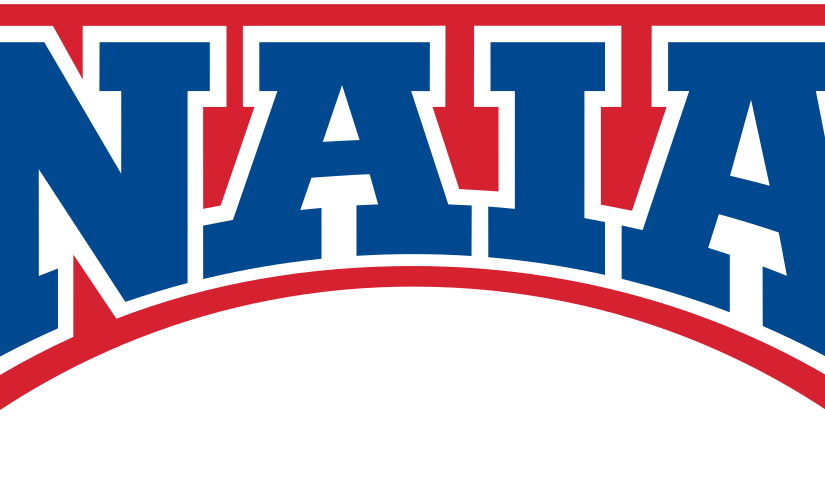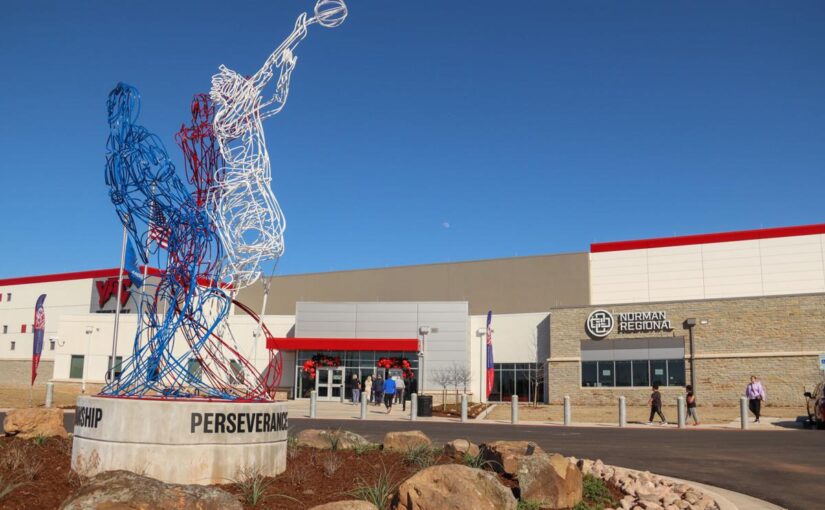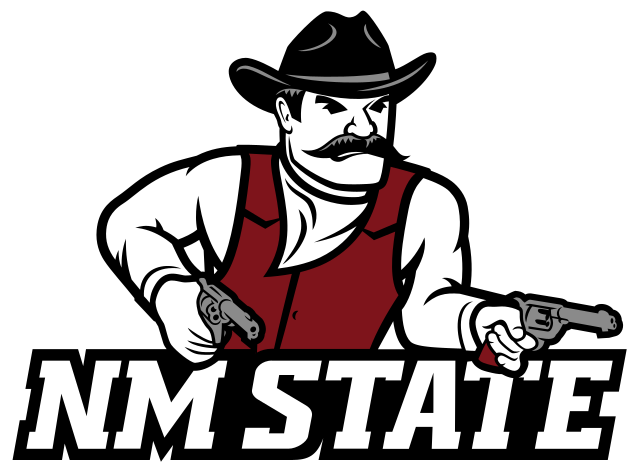A.D.ministration: Helping coaches transition out of your school
Things are going well with your teams. The athletes are having a good experience, and you have outstanding coaches in place throughout your program.
But then you hear that one of your coaches is interested in another position. Oh, no.
 There’s a great rule of thumb with respect to the hiring of coaches. If you go with a mediocre candidate, they might last several years. An outstanding candidate comes with drive, ability and ambition to continue to grow and develop. Unfortunately, that means they might eventually look for greater challenges.
There’s a great rule of thumb with respect to the hiring of coaches. If you go with a mediocre candidate, they might last several years. An outstanding candidate comes with drive, ability and ambition to continue to grow and develop. Unfortunately, that means they might eventually look for greater challenges.
Since you’ve hired an outstanding individual, try to be glad that you’ve had the opportunity to work with that person and that they may get a new opportunity. Moving on usually means a larger, more prestigious position, a college position or perhaps joining the ranks of athletic administrators.
It may sound counter-productive and incongruent on your part to say that you should help and be happy for this individual. But, isn’t this part of your responsibilities? It sure is. Even if this impending move means that you have to start the process of hiring a new coach.
You’re going to worry about attracting a suitable candidate to replace your departing coach. You may also be concerned about your athletes and the transition that they have to make. And, you may worry about the timing and some of the difficulties you must overcome.
Initially, it’s important that you eliminate the doubt and worry. You have work to do.
The following are 10 things to consider if one of your outstanding coaches mentions his or her desire to change jobs.
Ten considerations
1. Reflect on and appreciate the great things this individual contributed and accomplished at your school. Many of these aspects provide material for your letter of recommendation, which is a task this coach might ask you to do.
2. Write the very best letter of recommendation that you can. The coach gave your athletes, program and the school their best efforts. This letter becomes a major obligation on your end in a small attempt to repay the coach and show your appreciation.
3. Answer any questions and supply additional information to the athletic director or committee, which has invited your coach to interview for a new opportunity. Do your very best to promote this individual, and consider it a compliment to you and your program. After all, you first saw the qualities and potential of this individual when you conducted your interview and offered the original position.
4. Keep your principal and superintendent apprised of the situation and of the developments as they unfold. Rumors may begin to circulate, and it’s always wise that your supervisors are prepared to handle questions from parents, the community and the media. You also want to reassure them that you have the situation under control.
5. Begin the process to search, interview and hire your next coach. While you will not officially start this effort until your coach actually accepts a new position, you can get a few subtle steps started. You can and should work on the wording of your vacancy notice — what are the minimum qualifications required, the deadline for applications and other pertinent requirements.
6. Develop a mindset that this process is another opportunity for you to mentor a new coach within your program. Since athletic directors truly are the coaches of coaches, this effort is one of the most — if not the most important — responsibility that you have. And now you have a chance to mold, guide and inspire another individual so that they provide the best educational experience for your student-athletes.
7. Review the qualifications and development of the assistants and junior varsity coaches within your program. Use this to determine if any of these individuals might be a good fit for the head position. They should understand the culture of your school, the athletes and the procedures of your department.
8. Publicly thank and acknowledge your coach’s accomplishments upon acceptance of the new position. Think carefully about the wording of your press release or posting, and you might close with, “Mr. Smith provided our athletes with a great experience, and had a number of outstanding accomplishments. He set the bar extremely high, and it’s now our challenge to find an individual to continue taking our program forward.”
9. Do your best to allay the fears of your athletes and their parents once the announcement is made that your coach accepted a new position. Let the athletes know that you understand that they’re going to miss their coach and may have trepidation about transitioning to a new coach. Assure them you are working hard to provide the best possible replacement.
10. Ask the departing coach for ideas and suggestions in terms of facilities, equipment and support to improve the program. Consider this meeting an exit interview, but it can provide valuable insight and input from a source who knows your situation and your overall program extremely well.
It’s natural to want to maintain a good coaching staff, particularly if you have outstanding individuals on it. But, by attracting the best candidates and allowing them the opportunity to grow, develop and gain experience, there’s a good chance that they’ll eventually move on.
This is the natural progression. Understand it, embrace it and help your coaches moving forward on their career path. In the end, it also will take your program forward.
David Hoch, CMAA, has 16 years of experience as a high school athletic director and served for 12 years as the executive director of the Maryland State Coaches Association. In 2000, he was named Athletic Director of the Year by the Maryland State Athletic Directors Association. His column, A.D.ministration, focuses on issues in athletic administration and appears regularly in Coach & Athletic Director magazine.





